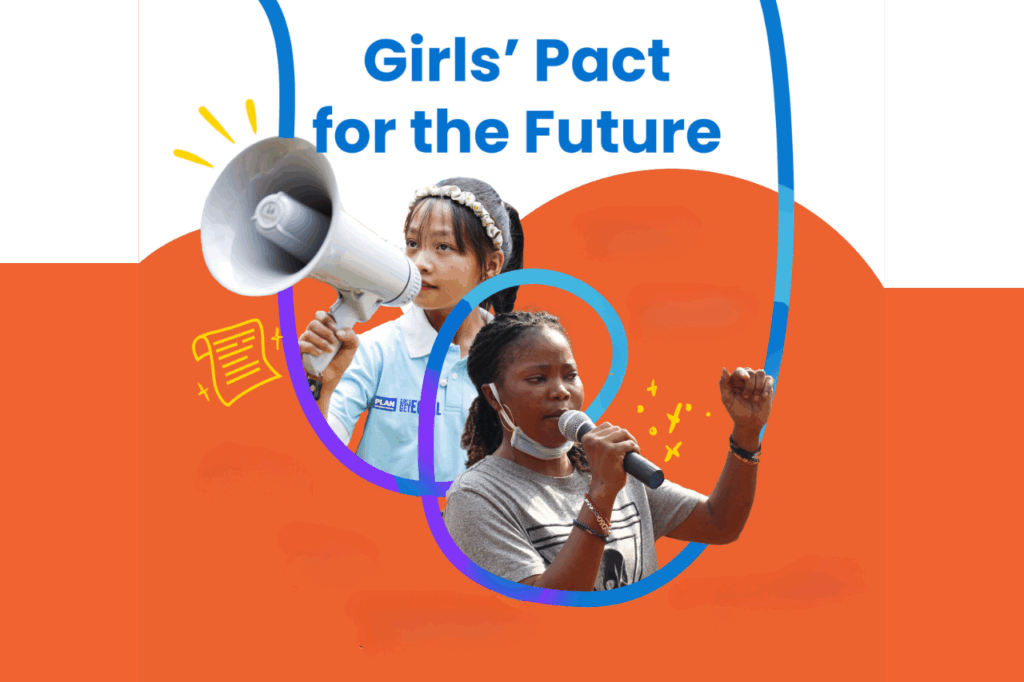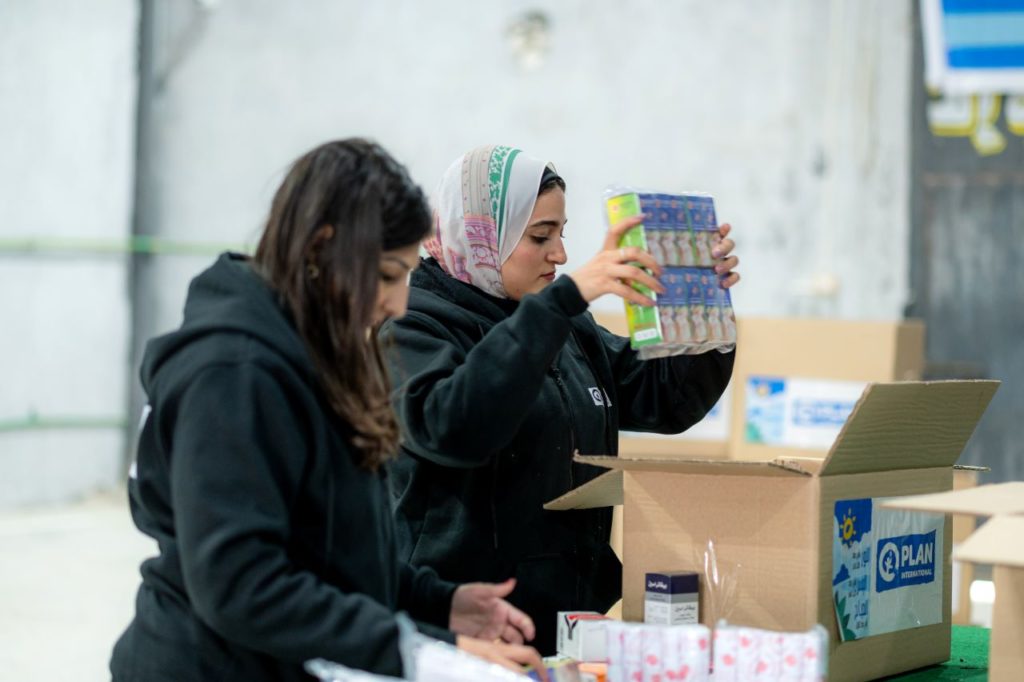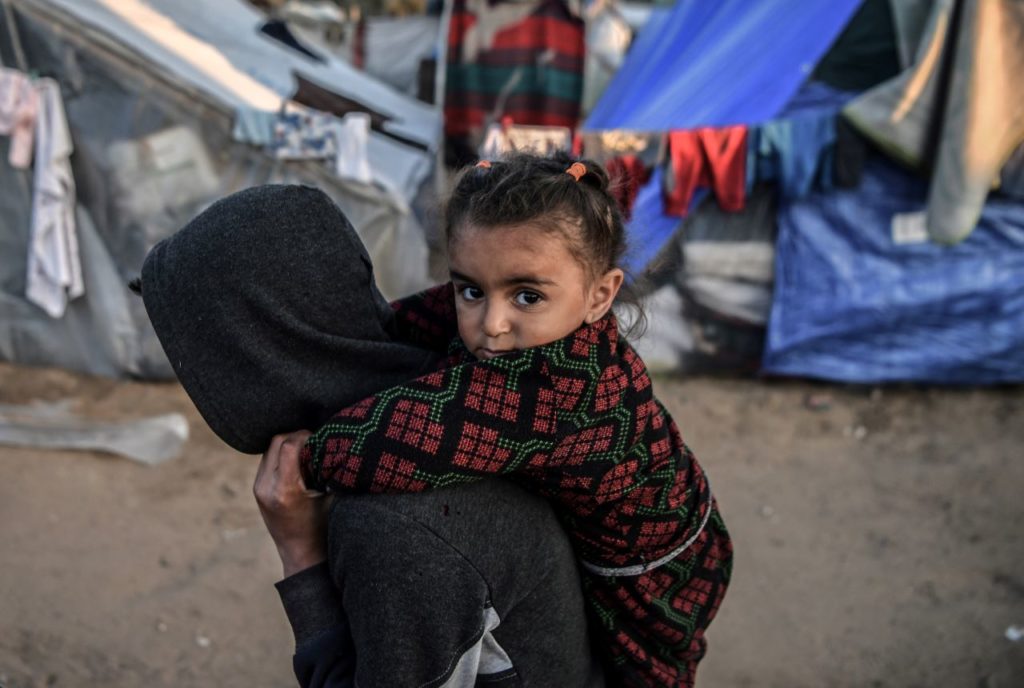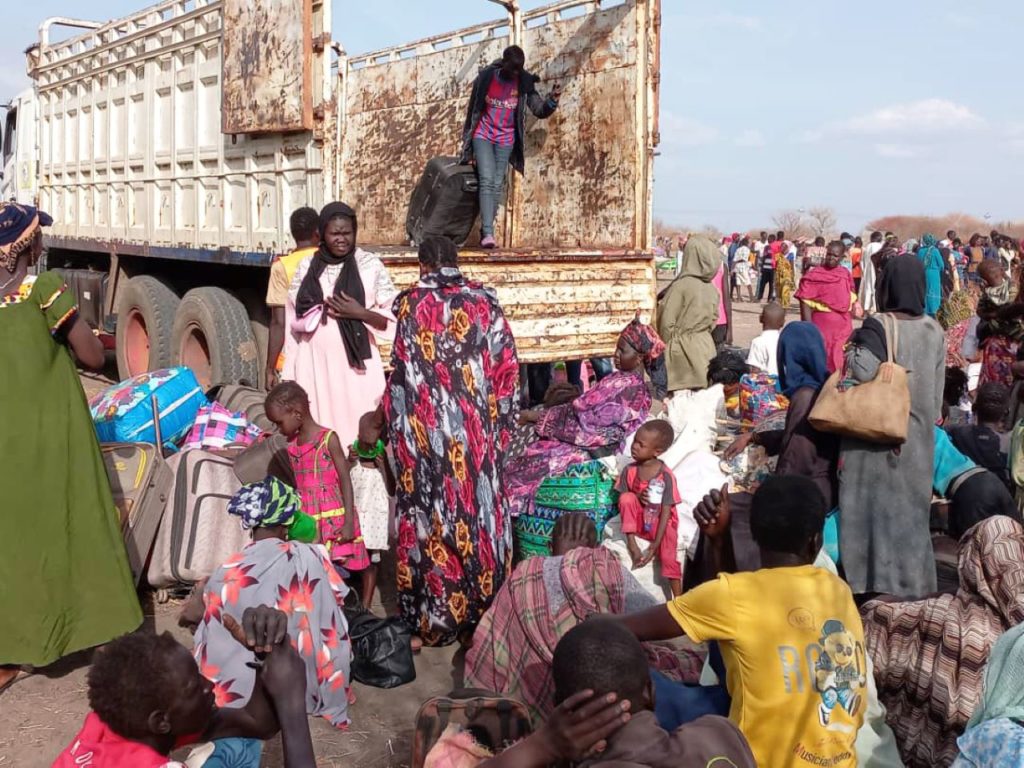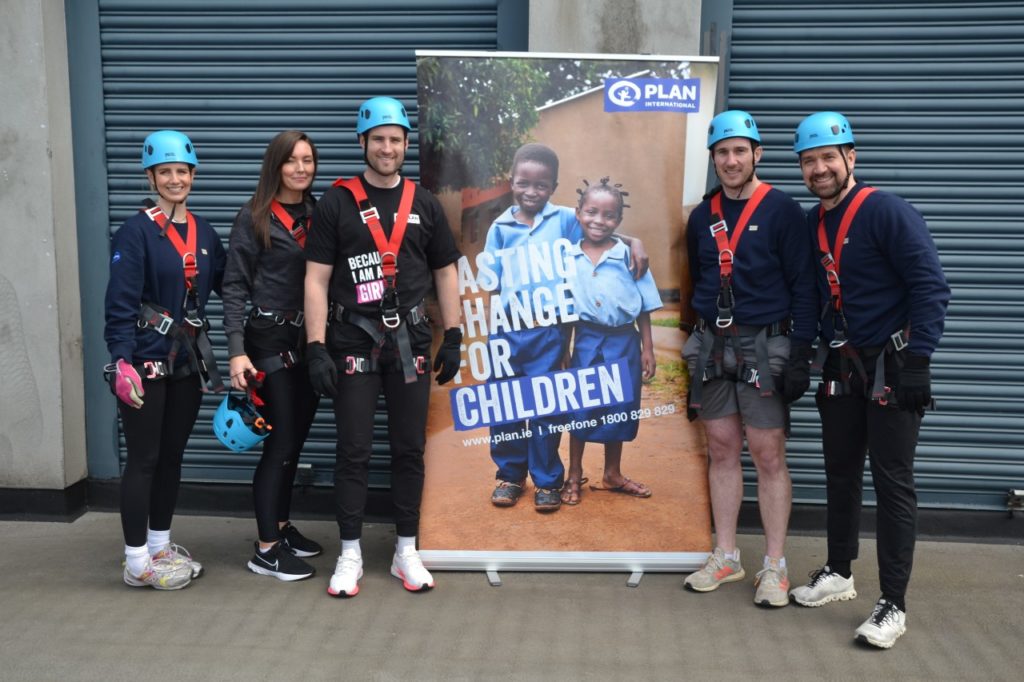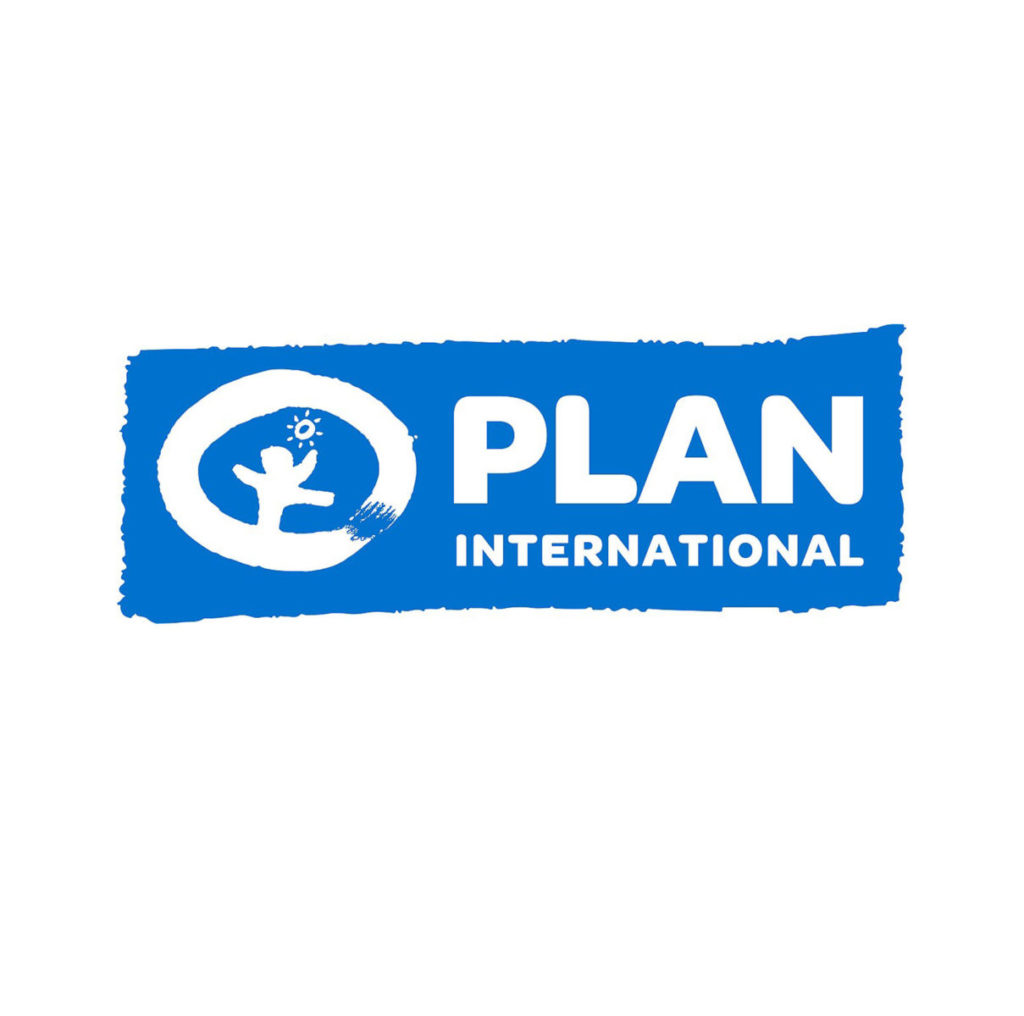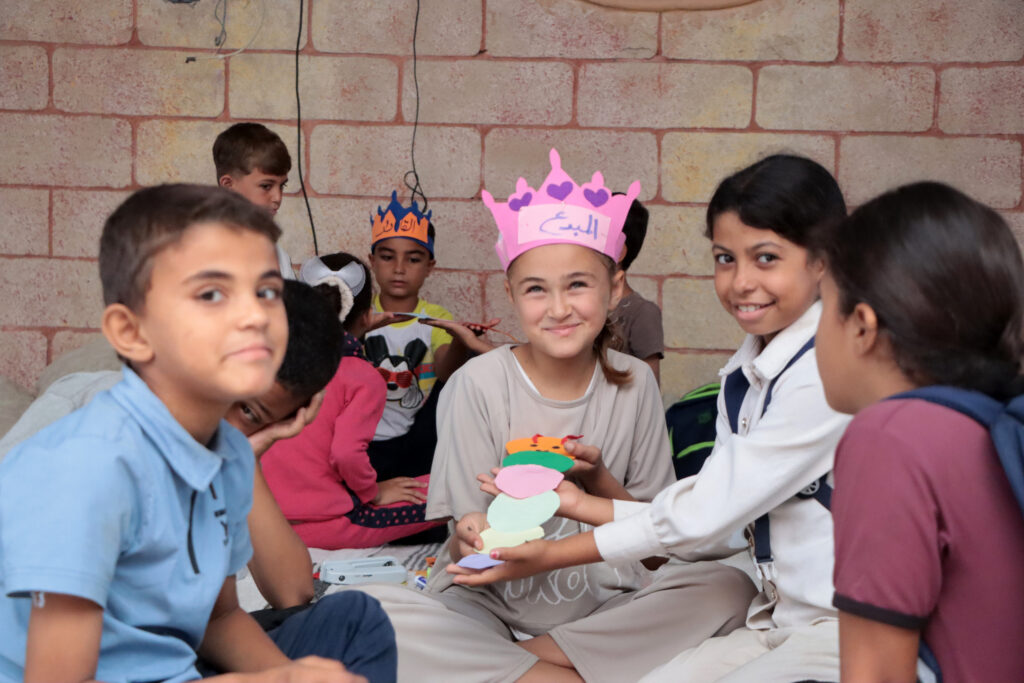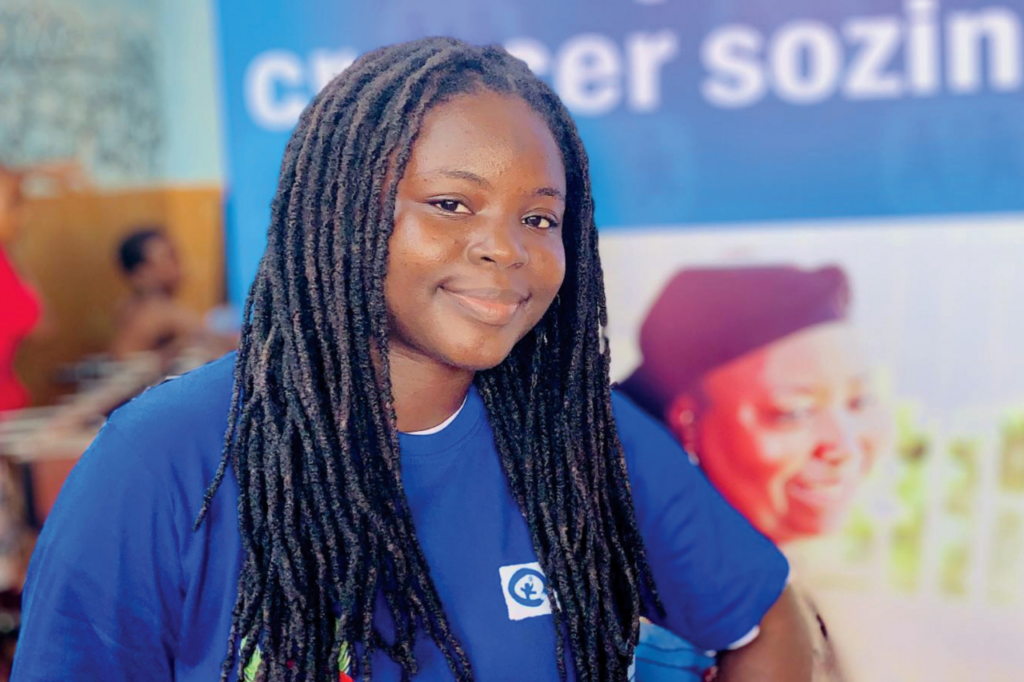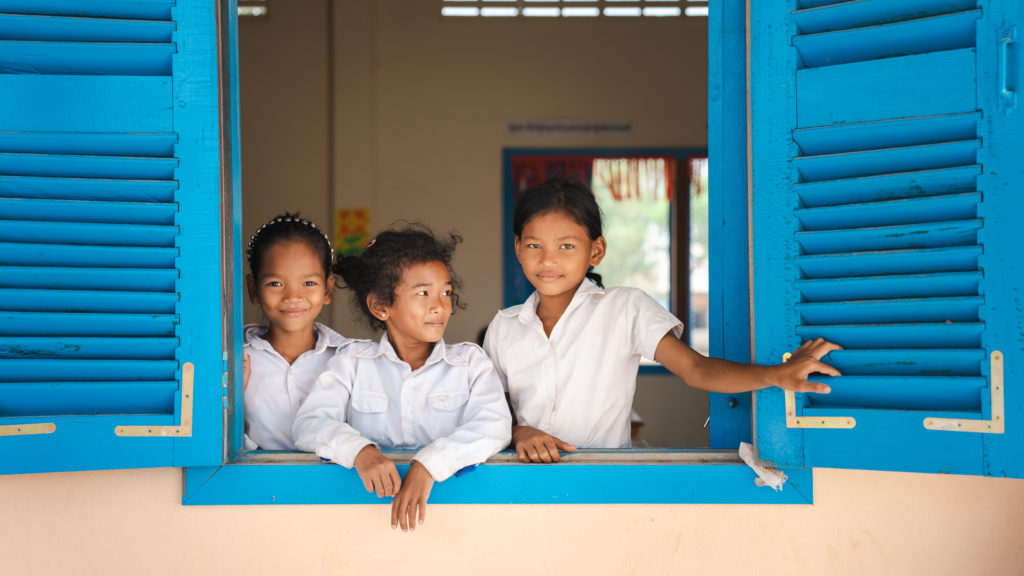In 2021, Plan International conducted a nationwide survey in Germany to find out which attitudes and experiences regarding menstruation exist. Despite Germany’s affluence, some shocking statistics emerged.
Despite Germany being a rich country, 23% of girls and women interviewed said that the monthly expenses for menstruation was a financial burden for them. 15% try to use as few tampons, sanitary pads and/or panty liners as possible. One out of ten puts off the change of tampons, sanitary pads and/or panty liners to get along for a longer period of time and thus (knowingly) takes the risk of infection. Young women are most affected by “period poverty”: almost 75% of 16 to 25-year-olds would buy more menstrual hygiene products if the prices were lower.
Managing periods through the years
Grandmother Karin, mother Conny, and daughter Pia, all from Germany, share their experiences of managing their periods. Their candid reflections offer a glimpse into the evolving attitudes, challenges, and triumphs surrounding menstruation across generations.
“People didn’t talk about periods, it was all hidden,” recalls Karin, reflecting on her post-war upbringing. “I still never talked to anyone about this topic, not even my friends, it was embarrassing.”
Conny’s journey unfolds against the backdrop of a changing society, where tampons and pads became readily available. “Tampons and pads were already available in my time,” she shares. “But stigma persisted. Once a boy in class told me that I had a red stain on my pants. I was completely panicked.”
Pia’s story reflects a generation empowered by education and awareness. “We had sex education at school,” she explains. “But even today, men sometimes see periods as something ‘dirty’, are disgusted by them and tend to avoid you.”
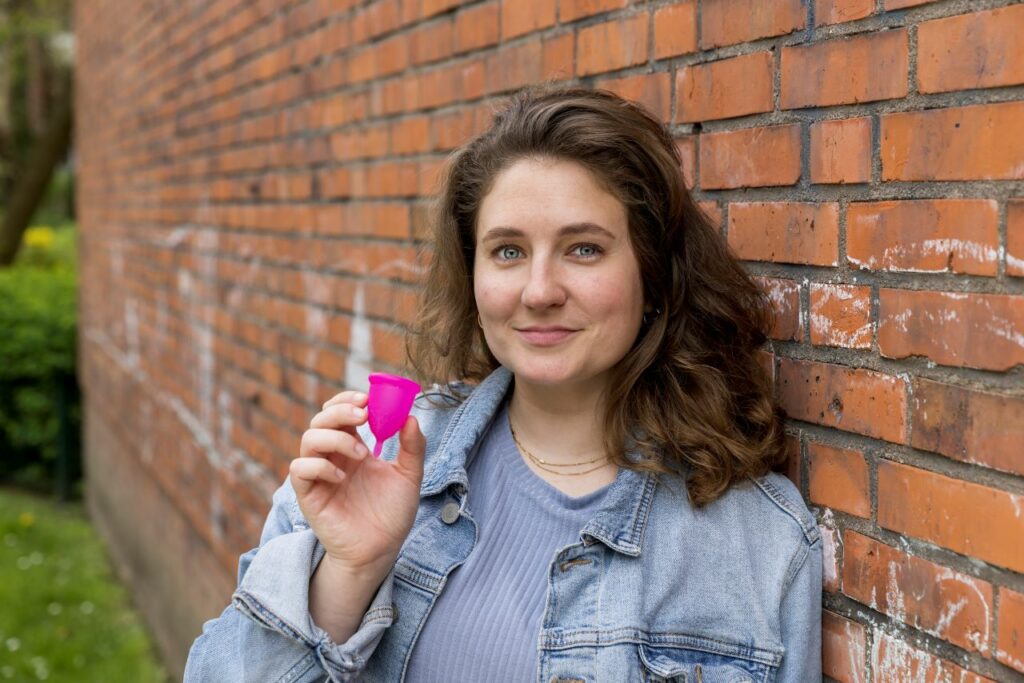
As we delve into the stories of Karin, Conny, and Pia, we’re reminded of the progress made in destigmatizing menstruation, yet also of the work that remains. Through dialogue and advocacy, we can create a future where menstruation is embraced as a natural and integral part of life.
Join us in breaking down barriers and empowering women and girls everywhere to manage their periods with dignity and pride.
